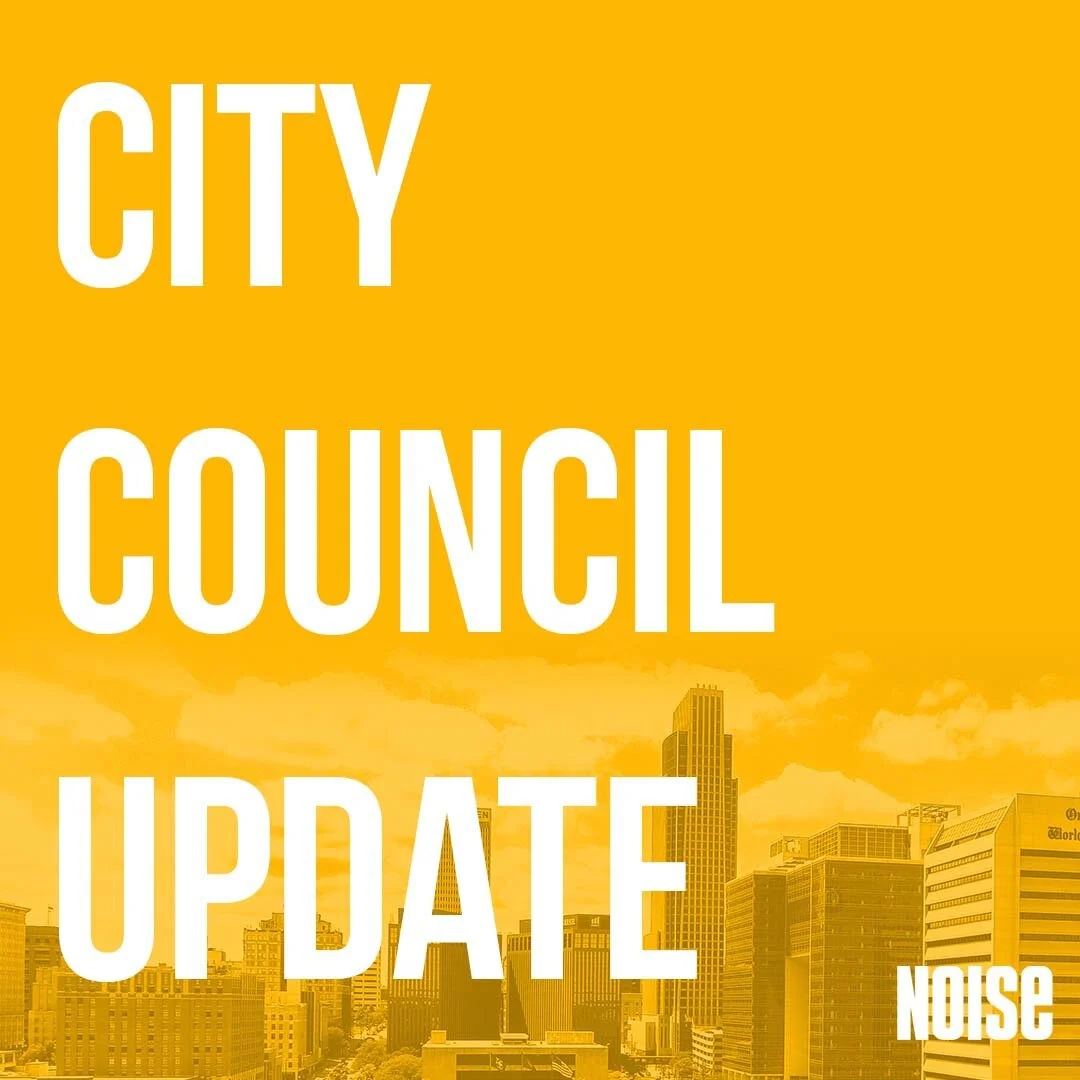Are You Suffering from Trauma?
Image credit: Lyndsay Dunn NOISE
By Payton Hogan
PAYTON HOGAN, M.S., IS A LICENSED MENTAL HEALTH THERAPIST AND CONSULTANT RAISED IN NORTH OMAHA.
One of the greatest mental health crises in America is the unprocessed trauma suffered by members of the Black community. The Substance Abuse and Mental Health Services Administration (SAMHSA) describes individual trauma as an “event, series of events, or set of circumstances that is experienced by an individual as physically or emotionally harmful or life threatening and that has lasting adverse effects on the individual’s functioning and mental, physical, social, emotional, or spiritual well-being." For years, mental health and trauma in the Black community was socially and systemically invisible despite worsening over time.
According to the the American Counseling Association’s publication Counseling Today, at the start of the 20th century, a leading academic psychologist deemed that “negroes” were psychologically unfit for freedom. The article states “after slavery was abolished, Southern states embraced the criminal justice system as a means of racial control.” A mental health diagnosis known as “dysaethesia aethiopica” was given to many Black slaves. It was said to explain the cause of Black slaves’ laziness, racial pride, and disrespect towards whiteness or white slave owners. Treatment for this disorder was “whipping the devil out of them.”
It wasn’t until the 1960’s and the progression of the civil rights movement that attention was paid to the conditions of America’s Black citizens. But even still, the damage had already been done, and continued thereafter.
Collective trauma in North Omaha
In Omaha, the Black community experienced traumatic events and circumstances which were rarely acknowledged or discussed. Only one or two generations separate some citizens from these traumatic experiences, including:
Omaha Race Riot of 1919
in which an all-white riot-crazed mob of about 10,000 individuals stormed and burned the Douglas County Courthouse and lynched a Black man named Will Brown. More information on this event can be found on History Nebraska, an official state government website.
Image credit: History Nebraska
Disinvestment
During the 1950s and 1960s the city stripped funding to North Omaha business and development which included recreation for children and adequate and reasonable schooling. This ultimately led to arson and a series of riots within those two decades. More information about this can be found on the North Omaha History website.
Image credit: Northomahahistory.com
Redlining
and geographic segregation of Black citizens. This was the government's effort to keep Blacks contained to the northern part of the city by denying loans for property and land outside of a defined area. Creighton’s student newspaper reported on redlining in an article about the Union for Contemporary Art’s exhibit, “Undesign the Redline.”
Now, I’m not writing this article to ask for pity, but rather to point out that the North Omaha Black community has experienced a significant amount of trauma that is misunderstood, unprocessed, and many times overlooked when other trauma responses present themselves. If we look at the DSM-5, (Diagnostic and Statistical Manual of Mental Disorders, Fifth Edition) many responses and symptoms that Black citizens experience align with a diagnosis of PTSD or Post-Traumatic Stress Disorder.
And I’m here to say that the Black experience of trauma is not limited to only these headline events that get covered by mainstream news or social media. Over the next few months we are going to dive deeper into some of the Black traumas that aren’t talked about as much or are instead demonized and overlooked:
Trauma from mass incarceration, gun violence, and death
Trauma from physical abuse in and out of the home
Trauma from split and broken households
Trauma from racial profiling/discrimination
Trauma from sexual abuse
Trauma from emotional abuse
Payton Hogan
Trauma can only beget more trauma unless it is acknowledged and processed. If you or someone you know is struggling with unprocessed trauma and are unsure of how to deal with it, find a therapist on Psychology Today. This site has a database of many mental health therapists which you can select by age, race and specialties.
The first step to overcoming trauma is identifying it. Next is working through it. Let's talk about it!


















